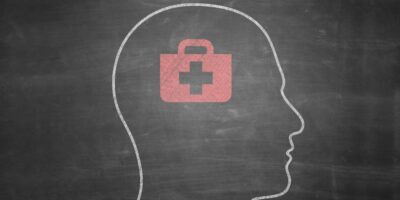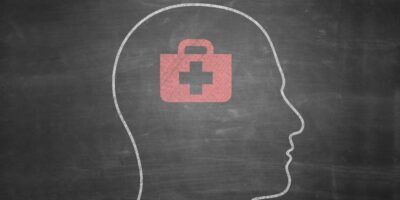Ash was referred to the Linkworker service in December 2014 upon his arrival to custody. He had been charged with a number of offences including wounding with intent.
It emerged that Ash had sustained multiple head injuries, the first occurring when he was six months old and the most recent occurring in 2013. As a result of these injuries Ash suffered seizures and struggled with memory problems, processing information and dealing with multiple tasks. In addition, Ash reported episodes of uncontrollable anger during which he was unaware of what he was doing.
The Linkworker secured a referral to neurology and attended the appointment with Ash and shared information with the consultant. The Linkworker contributed to a pre-sentence report, explaining Ash’s cognitive, emotional and behavioural problems following his brain injuries and provided advice and guidance to his family on how to support Ash day-to-day.
As a result Ash received support and strategies to manage his anger and memory problems. Ash now independently uses the techniques learnt to improve his memory; he writes lists of things he needs to do and leaves these lists on his shoes so that he remembers to take them when he leaves the house.
Ash is now attending college and believes these new skills have improved his ability to independently manage his memory impairments on a day-to-day basis. To date, he has not re-offended.
Learn more about traumatic brain injury here.
Thanks to the Disabilities Trust Foundation for use of this story. For more information contact the Disabilities Trust Foundation on 01444 239 123 or email foundation@thedtgroup.org




